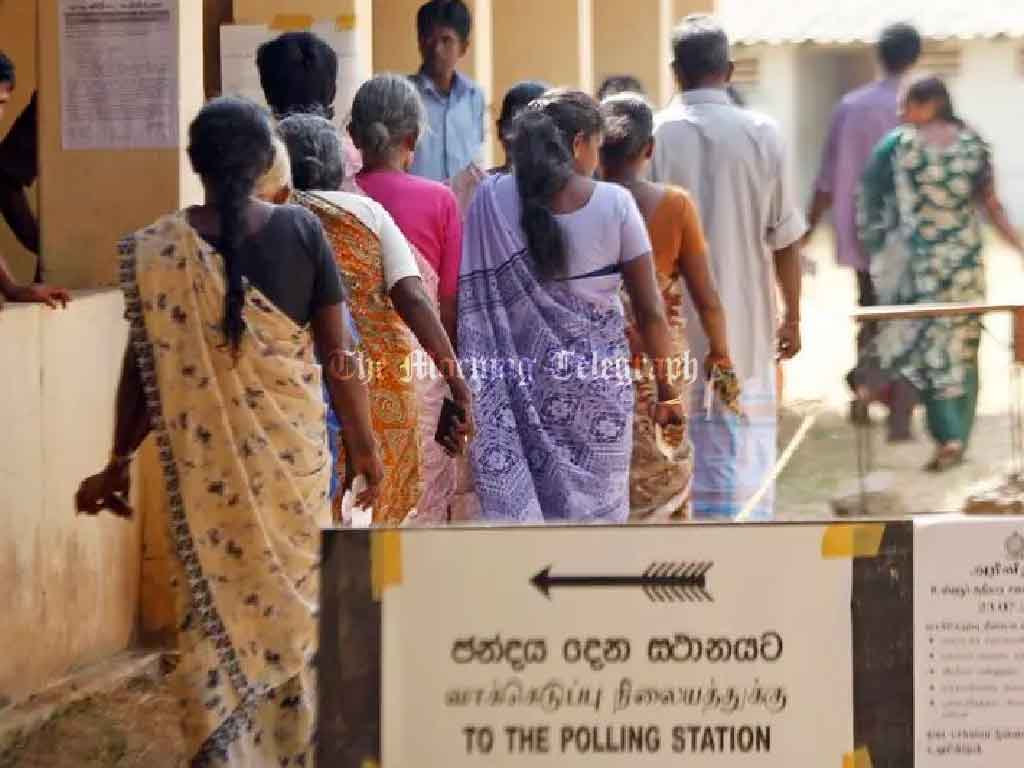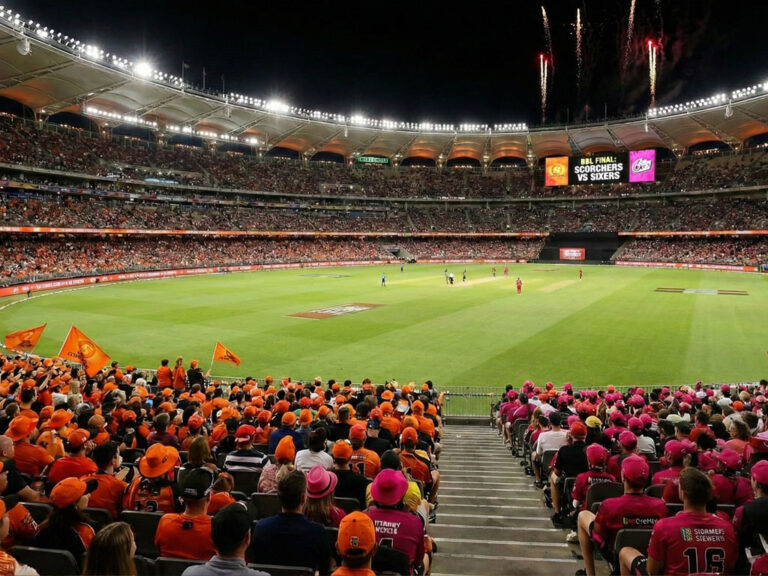
The 2024 presidential election marked a seismic shift in Sri Lanka’s political landscape as the Tamil community, traditionally aligned with mainstream Tamil parties or right-wing candidates, threw its support behind left-wing leader Anura Kumara Dissanayake. This unexpected realignment, driven primarily by young voters, signals growing dissatisfaction with the established Tamil political leadership and their inability to address pressing concerns.
Historically, Tamil voters have gravitated toward parties like the Tamil National Alliance (TNA) or backed right-wing candidates in pursuit of broader political solutions. However, internal disputes, leadership struggles, and a perceived lack of focus on development issues have eroded these parties’ influence. This disenchantment was especially evident among young voters in the Northern, Eastern, and plantation regions.
The shift was fueled by internal divisions within Tamil parties, leaving many voters disillusioned. Sumithi, a journalist from the Northern Province, noted that the dominance of traditional parties like the Ilankai Tamil Arasu Katchi (ITAK) has waned due to a lack of cohesive leadership and vision. Disputes among party leaders, particularly during the 2024 election, further alienated their base.
Gajan, a university activist from Jaffna, expressed the frustration of young voters:
“Our leaders argue among themselves but fail to address real issues like education, jobs, or infrastructure. This time, we wanted to try something bold and different.”
This vacuum of effective leadership opened the door for Dissanayake’s leftist movement to resonate with voters eager for change.
Dissanayake’s campaign offered an alternative to the ethnically centered rhetoric of Tamil parties. His message of unity and nationwide development appealed to many Tamil voters. Meera, a small business owner in Batticaloa, explained her decision:
“I voted for Anura because he spoke about unity and solutions for the entire country, not just one community.”
Dissanayake’s focus on practical issues like infrastructure, healthcare, and education struck a chord with voters disillusioned by unmet promises. Tony, a driver in Jaffna, articulated this sentiment:
“We want roads, schools, and better healthcare – not just promises of Tamil rights.”
Youth-driven political campaigns in areas like Jaffna and Trincomalee played a pivotal role in shifting the narrative. These movements successfully highlighted Dissanayake’s vision of progress. Infrastructure projects, such as the reopening of the Palali road, became symbolic of the tangible changes voters sought.
While traditional Tamil parties failed to capitalize on these changes, Dissanayake’s campaign tapped into a growing desire for results over rhetoric.
The 2024 elections represent a watershed moment for Tamil voters in Sri Lanka. This shift away from traditional loyalties reflects a growing demand for tangible progress and practical solutions. The United National Party (UNP) and Tamil political parties now face the challenge of regaining trust in a rapidly evolving political landscape.
This new chapter is defined by voters who prioritize action over ideology. Tamil voters, led by younger generations, are looking beyond the past, seeking a future shaped by inclusive development and meaningful change.




